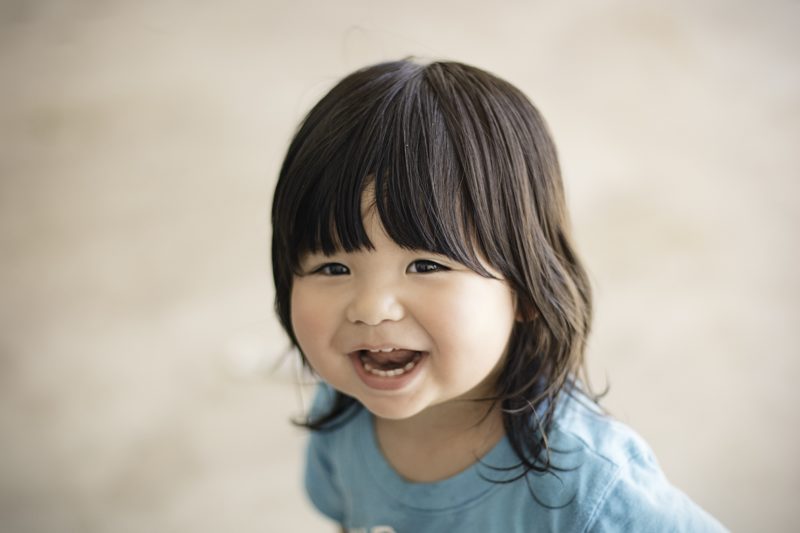By Geraldine C. // Beyond A Maze
Think about someone you love.
How do you treat them? Do you value them? Do you respect them? Do you love her for who they are?
Now, what if children grew up loving themselves?
They would value themselves. They would not berate themselves for making mistakes or dwell in shame. They would not peg their self-worth to an academic grade, a sports medal or a certificate.
They would respect themselves. They would care for their bodies. They would not bow to society’s definition of a perfect body.
They would accept themselves.
Children who grow up with a healthy perception of themselves are more resilient than those who don’t. They are more likely to detach themselves from failure and maintain a positive attitude in adverse circumstances.
That is why self-love, when developed from an early age, can play a major role in reducing one’s susceptibility to mental health issues.
Mental health is complex, and issues can develop as a result of various risk factors (e.g., genetics, trauma). Hence, there is no guarantee that practising self-love will prevent this. Nevertheless, self-love can help a child to manage socio-cultural expectations with an unwavering sense of self. Teach children to love themselves in spite of others’ judgment and we’ll have kids who feel good about themselves.
Some may wonder whether it’s possible to teach children self-love. Wouldn’t children become extremely self-obsessed?
However, self-love doesn’t stem from the extreme preoccupation of the self to the exclusion of others. It is about treating yourself well because you respect your body and emotions. You refuse to allow anyone to tamper with your happiness. You love yourself because you believe that you are worthy of love and love is the best gift you can give to yourself.
Children are very malleable and can be trained to believe in themselves, value themselves and love themselves. Not sure how to teach your kids to love themselves? Here are some suggestions on how to cultivate self-love in kids:
- Get children on a self-discovery project: Expose them to a variety of activities and help them to reflect on their experiences. “What are you good at?” “What do you want to improve on?” “What do you like?” “What do you dislike?”
- Work with children to set attainable goals: Help children to recognize and accept their strengths and weaknesses. Break down big goals into small, achievable ones. Plan concrete steps to attain them.
- Help children to separate themselves from their experiences: Instead of saying “You are so careless!”. Say “You made a careless mistake but that’s all right. You can learn from it and be more careful in the future.”
- Teach children how to safeguard their happiness: “What does Jane do to make you feel sad?” “Can you speak to her about it?”
- Practise thankfulness: Keep a gratitude journal. Children can draw or write what they feel thankful for every day. This helps children to focus on the good in their lives.
We have taught children to love the people around them. Now let’s teach children to love themselves.
This is an original piece submitted by Geraldine Choo, the founder of Beyond A Maze, a Facebook community that advocates for mental wellness through narratives.
For further reading:

